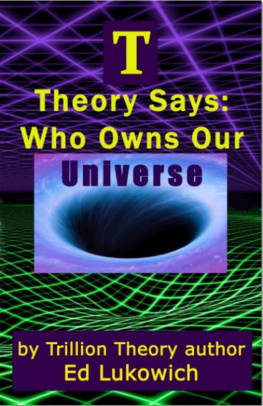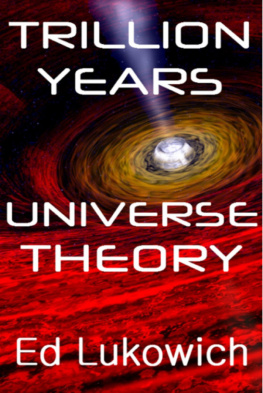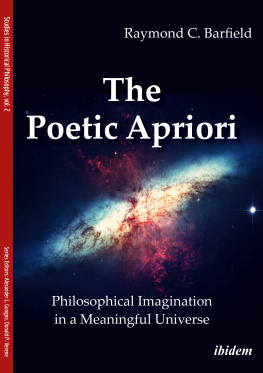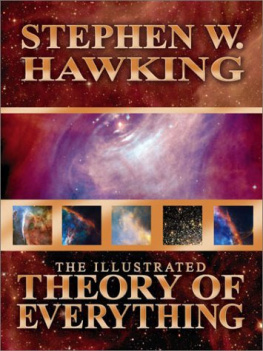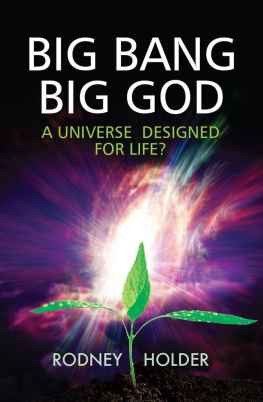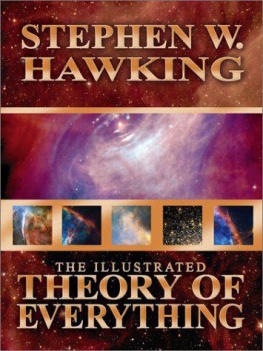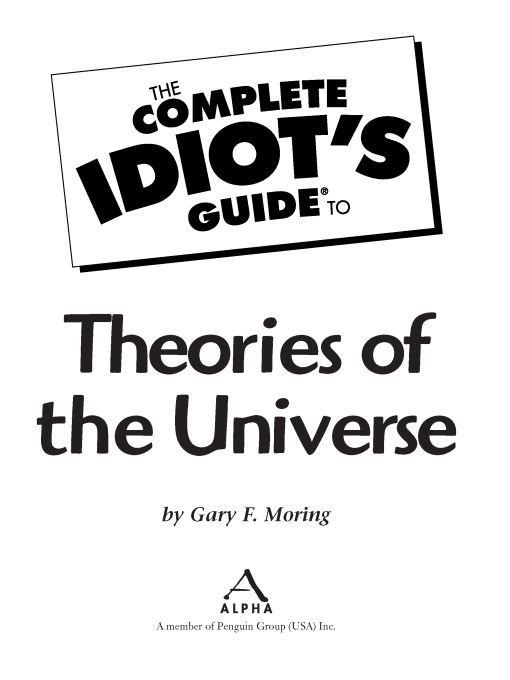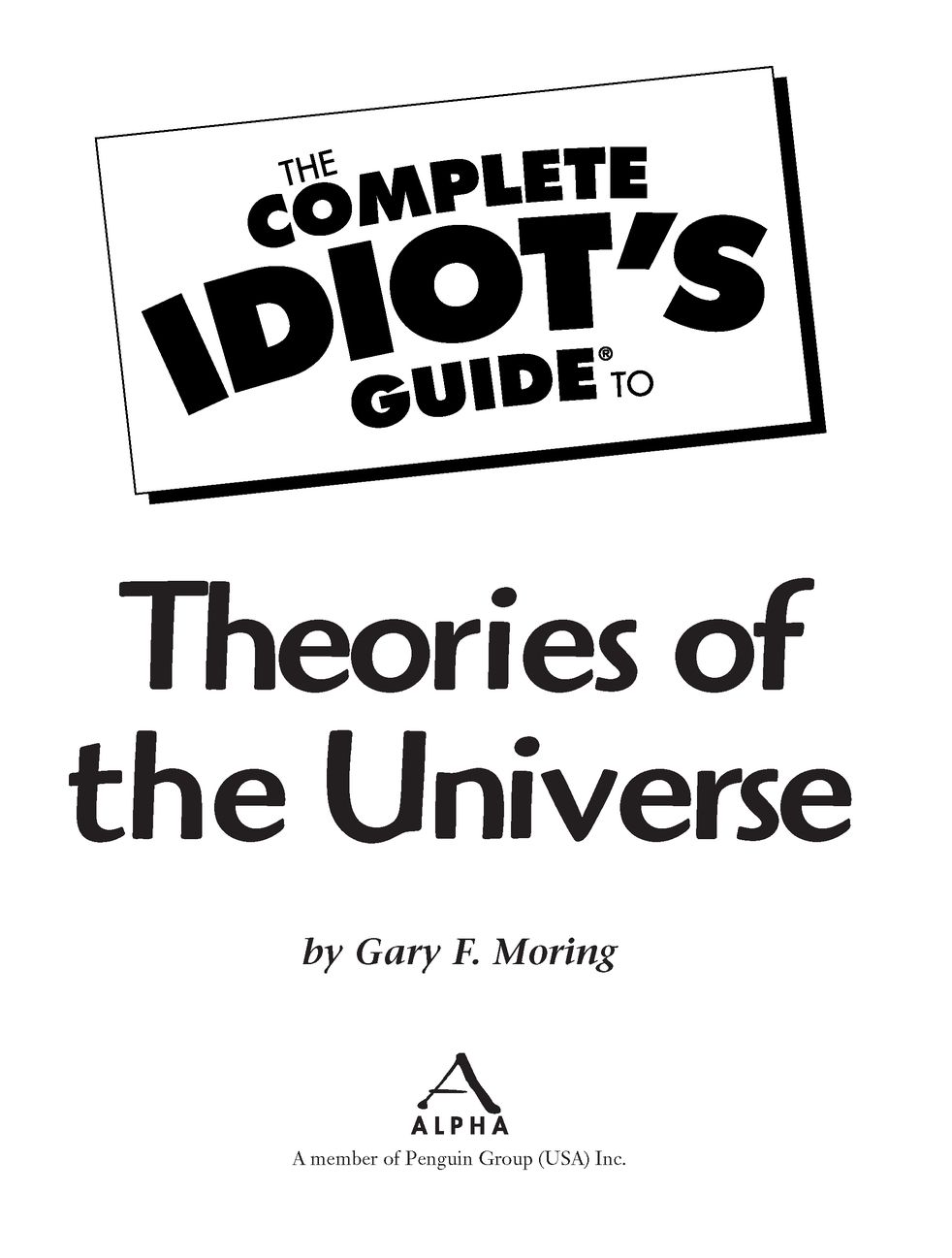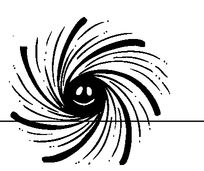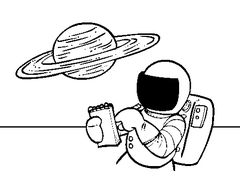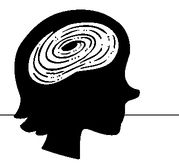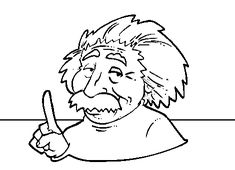Table of Contents
To Fritjof Capra, Gary Zukov, and Ken Wilbur for starting me on the path 20 years ago that led to the profound wisdom inherent in the universe through the blending of science, the Eastern traditions, and the role of human consciousness.
Publisher
Marie Butler-Knight
Product Manager
Phil Kitchel
Managing Editor
Jennifer Chisholm
Acquisitions Editor
Mike Sanders
Development Editor
Tom Stevens
Production Editor
Billy Fields
Copy Editor
Cari Luna
Illustrator
Jody Schaeffer
Cover Designers
Mike Freeland
Kevin Spear
Book Designers
Scott Cook and Amy Adams of DesignLab
Indexer
Angie Bess
Layout/Proofreading
Svetlana Dominguez
Rebecca Harmon
Introduction
Welcome to the exciting world of cosmetology. In the pages of this book youll find out how to cut the latest hairstyles, apply make-up and oops wrong -ology! Lets start again. Actually, when I told a few of my friends that I was writing a book about cosmology, some of them were amazed to think that I had gone to a beautician school. What this little story illustrates, is that sometimes we may think we know what we know to be true, but can later find out that we were mistaken. In other words, just because you believe something is true, doesnt mean it really is. This is especially true when we seek to understand how our universe began, evolved, and how it operates.
The study of cosmology can be approached from a number of perspectives. Generally, we associate it with some branch of science, such as astronomy, physics, astrophysics, or quantum theory. Just as often it can also be found in the realm of philosophy or religion. And by looking at it from a historical point of view, you can see how it has changed not only over time, but also from culture to culture.
One of the goals of this book is to provide you with a good overview of the latest cosmological theories in science. I will also give you a look at the history of cosmology from cultural, literary, religious, and philosophical perspectives. In such a broad topic as this, an interdisciplinary or multifaceted approach works best. It will offer you the clearest access to gaining a good understanding of how deep the current of cosmology runs in our everyday world. Heres an outline of what will be covered in each section:
Part 1, In the Beginning , looks at the earliest creation stories from around the world. We will trace the development of the first theories of the origin of the universe up through the birth of the scientific method in the sixteenth century.
Part 2, Science Comes of Age, but Isnt 21 Yet, discusses the birth of the scientific revolution, the influence of the alchemical tradition on Newton and Boyle, and provides you with a background to some of the areas in physics that relate to cosmology.
Part 3, And in This Corner , examines some of the problems that classical physics cant explain, delves into the debate between evolution theory and creationism, looks at some unusual characteristics of light, and introduces you to Einsteins theory of special relativity.
Part 4, From Here to Infinity, acquaints you with the strange world of quantum mechanics. Youll meet the Standard model of the microcosm and macrocosm and examine some of Einsteins other theories.
Part 5, Supersymmetry, Superstrings, and Holograms, brings home the latest theories that are the best candidates for the ultimate theory. The holographic paradigm will also bring the role of human consciousness even more into the equation.
Part 6, Old Endings and New Beginnings, completes our look at theories of the universe by examining how the East and the West see how the universe will end. Along the way well take an in-depth look at symbols and their potential to unify a wide range of theories.
To help you along the way, youll find the following four sidebars:
Black Holes
You dont want to fall in one of these. This sidebar advises the reader of misinterpretation of theories, ideas, and people, while also taking a critical look at pet theories and assumptions.
Cosmonotes
These are tips to the reader that help clarify some theories, provide more detail about others, and in general offer suggestions for reading and deeper exploration of topics.
Mindwarps
Exactly as the word says, these tidbits can warp your mind. Youll pick up some great trivia pertinent to the material and run across some of the more unusual aspects of cosmology.
Universal Constants
This sidebar contains the definitions of key words, concepts, and theories.
Acknowledgments
Although there have been many influential people that have inspired me in this subject, this book could not have been made without the support of the following individuals:
Andre Abecassis, my agent, who talked me into another book and kept me from abandoning this project; Larry Abrahamsen, for creatively putting the figures on his computer; Daniel Bugso Wajerski who sent me the inspiring cartoon; Alice Bailey and D.K. for the esoteric material that sparked this book; Katie Carrin for her great bodywork sessions, Sam Mills who supported me in more ways than one, and Mike Hemingway who was always there when I needed a break; Jennifer, Larry, Katie, and my parents, Frank and Betty Moring, for taking me out to lunch on Kathys week off; and, last but not least, my wife, Kathy, who not only supported me in this endeavor, but contributed to it as well.
Trademarks
All terms mentioned in this book that are known to be or are suspected of being trademarks or service marks have been appropriately capitalized. Alpha Books and Penguin Group (USA) Inc. cannot attest to the accuracy of this information. Use of a term in this book should not be regarded as affecting the validity of any trademark or service mark.
Part 1
In the Beginning
Science estimates the age of our universe to be between 12 and 15 billion years old. Thats quite a long time, considering we have only been around for a fraction of that entire period. But from the very beginning, when our ancient ancestors looked up into the night sky, they wondered, How did it all start? Is there some purpose for us being here? Are we the only people in this vast cosmos, or are there other beings out there? Perhaps there are gods and goddesses, or maybe other people like us.


